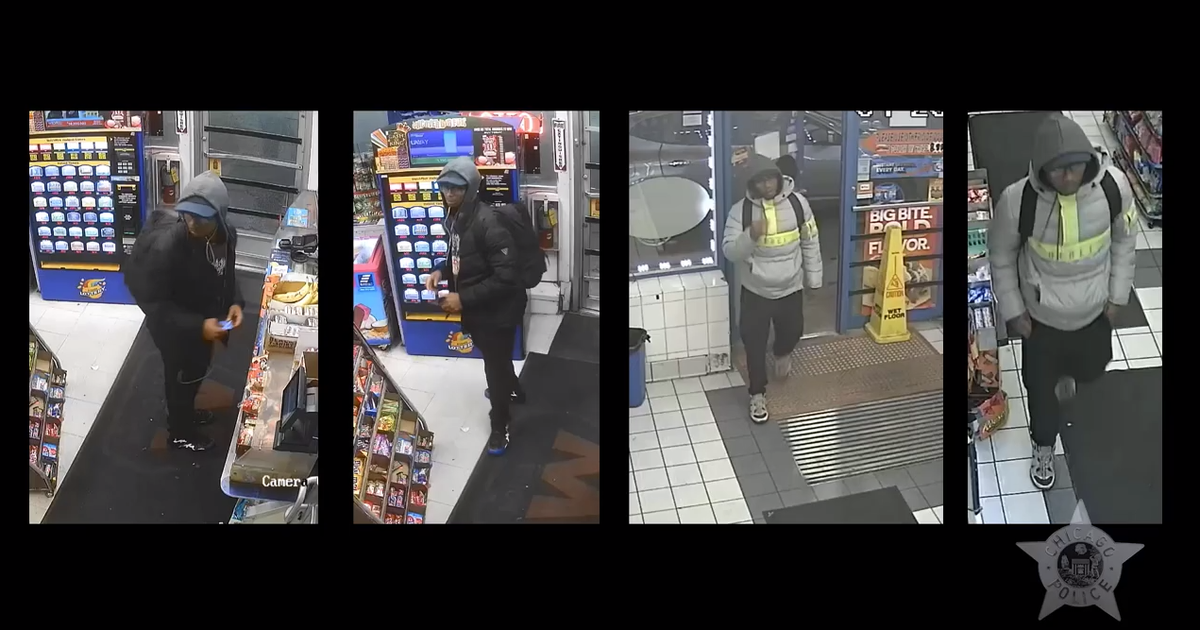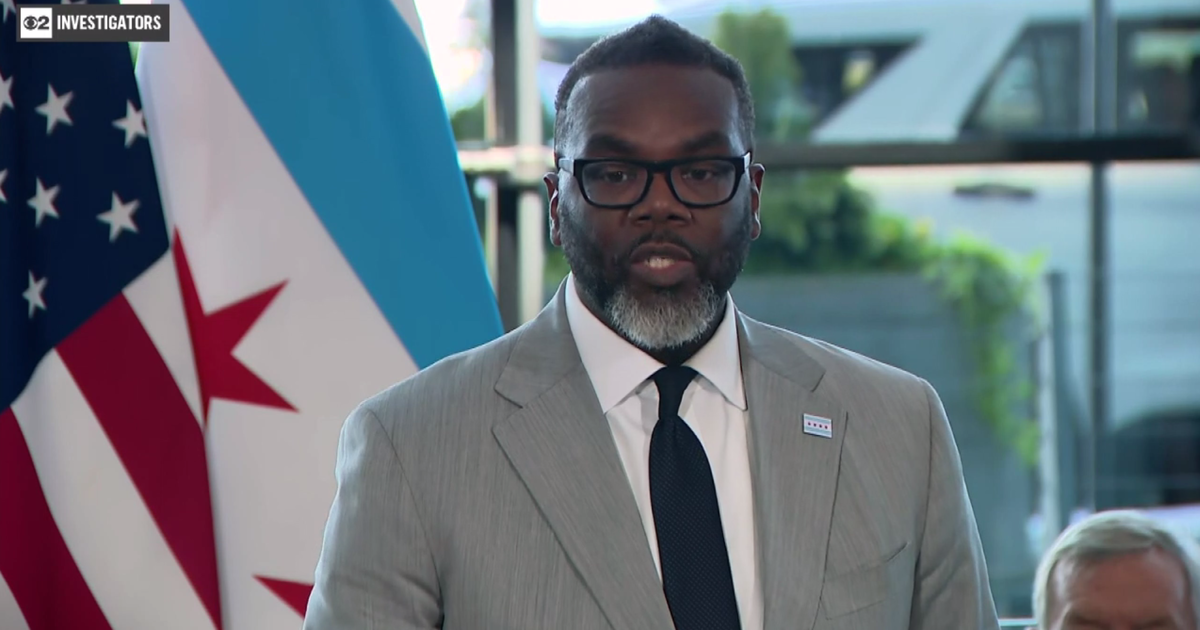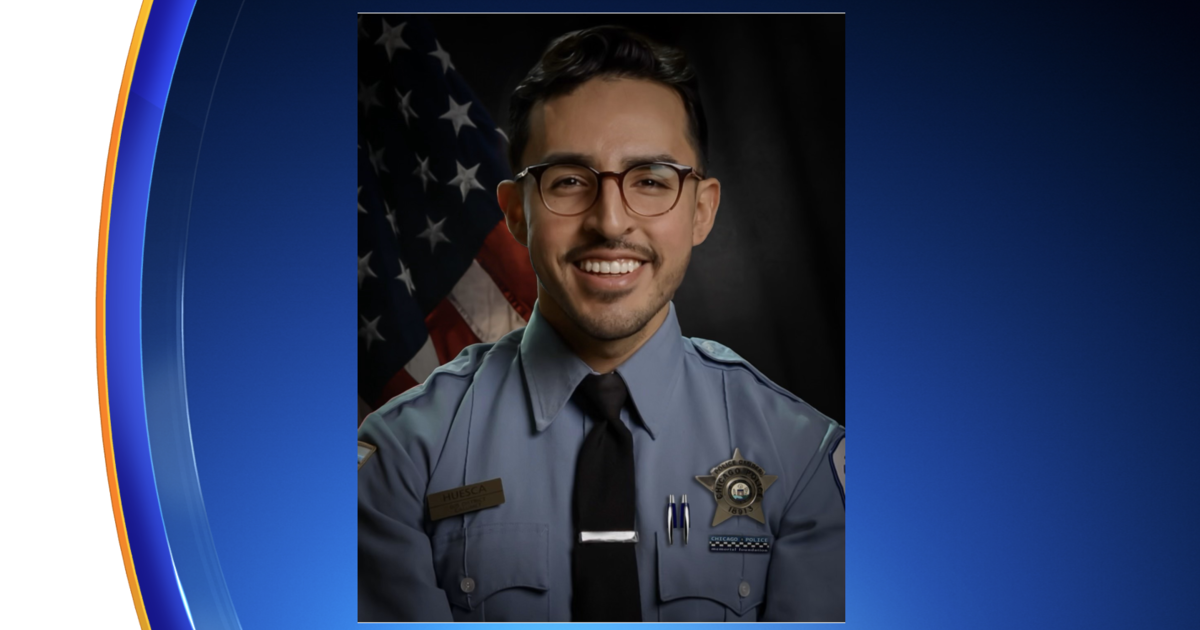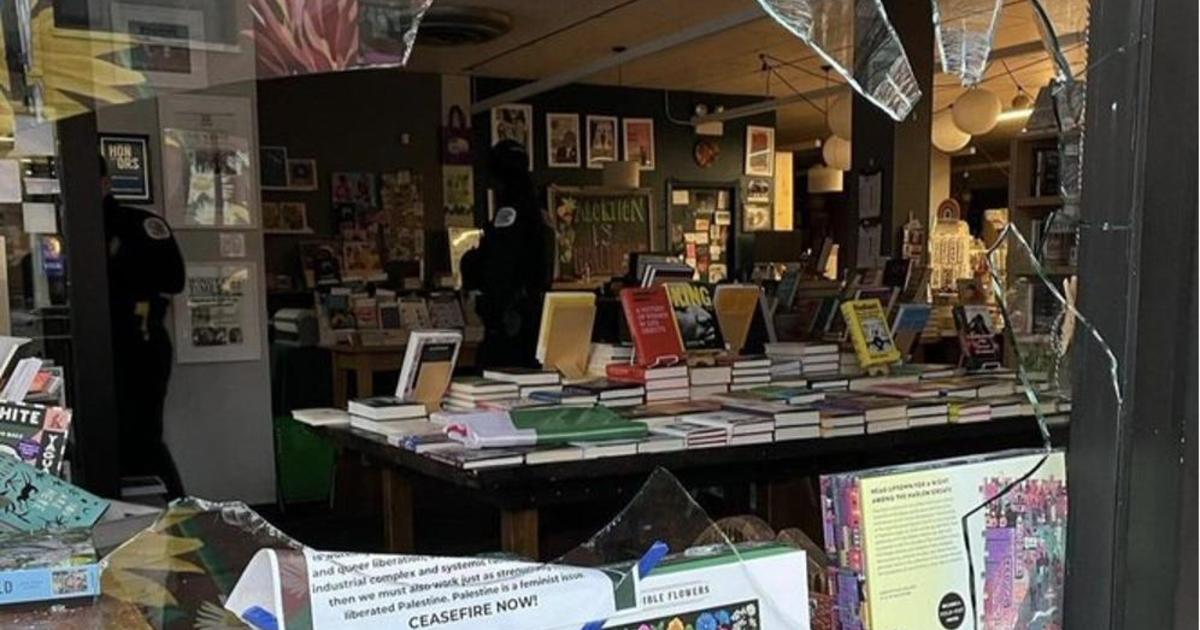Weis: 'I Can't Make Everyone Happy'
CHICAGO (CBS) - Police Supt. Jody Weis has been a controversial figure with both rank-and-file officers and the general public, and his tactics have come under fire in a city plagued by gang violence.
Weis appeared on the CBS 2 Morning News Wednesday to talk about the pressing issues of the Police Department.
Since taking over in February 2008, officers have complained that Weis is an outsider, a former FBI man who never was a beat cop. They have questioned several of Weis' decisions – including subjecting Officer Bill Cozzi to federal prosecution after he had had already been convicted and sentenced to probation for beating a man who was handcuffed and in a wheelchair.
But Weis said in his post, criticism is inevitable. He also said having a background outside the Chicago Police Department had made for "an opportunity to bring some new ideas."
"We have a large police force. We have a large city. I've recognized from day one – I can't make everyone happy. What I try to do are things that I believe in--things that have been proven to be effective in other cities that I've been in. I do bring an outside perspective," Weis said. "There's nothing I can do that I'm from Florida, and there's nothing I can do about the fact that I served 23 years in the FBI. But I think those qualities allow me to bring in an outside perspective, and take in the good that I've seen in about the five or six other major cities that I've worked in."
Weis added he welcomes fair and constructive criticism, but, "just to have people complain for the sake of complaining? That doesn't do anybody any good."
Among Weis' current plans is to redistribute officers from lower-crime districts to high-crime areas. Weis said the change would not amount to "beat realignment," but rather a "reallocation" of officers as needed, the Chicago Sun-Times reported.
LISTEN: Newsradio Regine Schlesinger Reports
Podcast
"We are doing a program called Predictive Analytics, which we think will give us a pretty good probability model for crime. But what we're looking at right now is to try and balance the workload. We have some districts that are a lot busier than others," Weis told CBS 2's Steve Bartelstein. "And the thing, Steve, you've got to remember – this hasn't been looked at for 30 years. I promised when I came in here, I would look at this."
Also in the works is a plan to bring more officers onto the force. In defending Mayor Richard M. Daley's last city budget to the City Council Tuesday, Weis said the department has hired 314 officers since 2009, and next year, 200 more will be added.
But Weis said reducing crime does not always require a "massive number of police officers."
"The only thing I ever get from people is, 'Hire more police, hire more police.' There's not a police chief in the United States that wouldn't want to do that," Weis said. "But unfortunately, every municipality in this country is facing huge fiscal challenges, so, the good thing about these challenges – they force you to become more effective; they force you to be more efficient."
LISTEN: Newsradio 780's Craig Dellimore Reports
Podcast
Weis has also been subjected to criticism for stripping six officers and a sergeant of their police powers because one of them stands accused of punching a suspect in handcuffs as the others "watched." Chicago FOP President Mark Donahue accused the superintendent of a rush to judgment that stacks the deck against the accused officers.
LISTEN: Newsradio 780's Regine Schlesinger Reports
Podcast
Weis said Wednesday he has zero tolerance for police brutality and misconduct.
"When I came here, I said there are three things I can't tolerate: brutality and corruption – both of them are crimes – and if you compromise your integrity," Weis said. "That's a pretty wide road for people to walk through. We just can't have people engaging in brutality. And I've said from day one – that's unacceptable behavior."
Weis said need for greater trust and a better relationship between the Police Department and the community is "probably the reason I'm here."
"When I came here, it certainly wasn't because of a lack of crime-fighting efforts. Chicago Police were doing fantastic," Weis said. "But in '07, they'd been racked by a lot of scandals and a lot of issues, which I think had an impact on the public trust."
Most infamously at the time, Officer Anthony Abbate had been caught on videotape beating a female bartender half his size in a Northwest Side tavern. The surveillance tape was shown around the world, and lent to a perception that Chicago Police officers were out of control.
Weis said since taking office, he has made efforts to change public perception.
"Our jobs are significantly easier when we're working with the community that we serve," Weis said, "and if we can have people feeling confident and having trust in the Police Department so that they'll call us; report crimes to us, it just makes our jobs easier."
But while Weis has received credit in some circles for changing the perception of the department, he has also drawn heat for another perception – that the crime rate is spiraling out of control.
Weis has said repeatedly that the crime rate has actually dropped in the past year – and is down dramatically compared with the heights of the 1970s through the early 1990s.
But for some Chicagoans, this does not seem to match reality. Mount Sinai Hospital nurse Michelle Mazurek said: "Ask (Weis) about the blood and guts we clean up at Sinai every day. As he says, our crime rate is down, although our trauma numbers will tell you different."
Weis said regardless of raw numbers: "We have far, far too many shootings in this city. It's ridiculous the number of shootings in this city. It's ridiculous the number of shootings we have, and I really appreciate the help that we get from the medical facilities to keep these young men and women alive after they engage in this senseless violence."
Another viewer asked why police can't stop gang violence, when they know who the members are. Weis said given how many gang members inhabit the city, it isn't that simple.
"We've made some great strides. We've arrested hundreds and hundreds and hundreds of gang members this year, working with our federal partners, and a lot of these guys are going to be going away for a long time, using the federal statutes," Weis said. "But unfortunately, as great a city as Chicago is, we are plagued by the highest gang population in the United States.''
Weis is under contract until March 1. He says his stint has been an "incredibly rewarding job."



